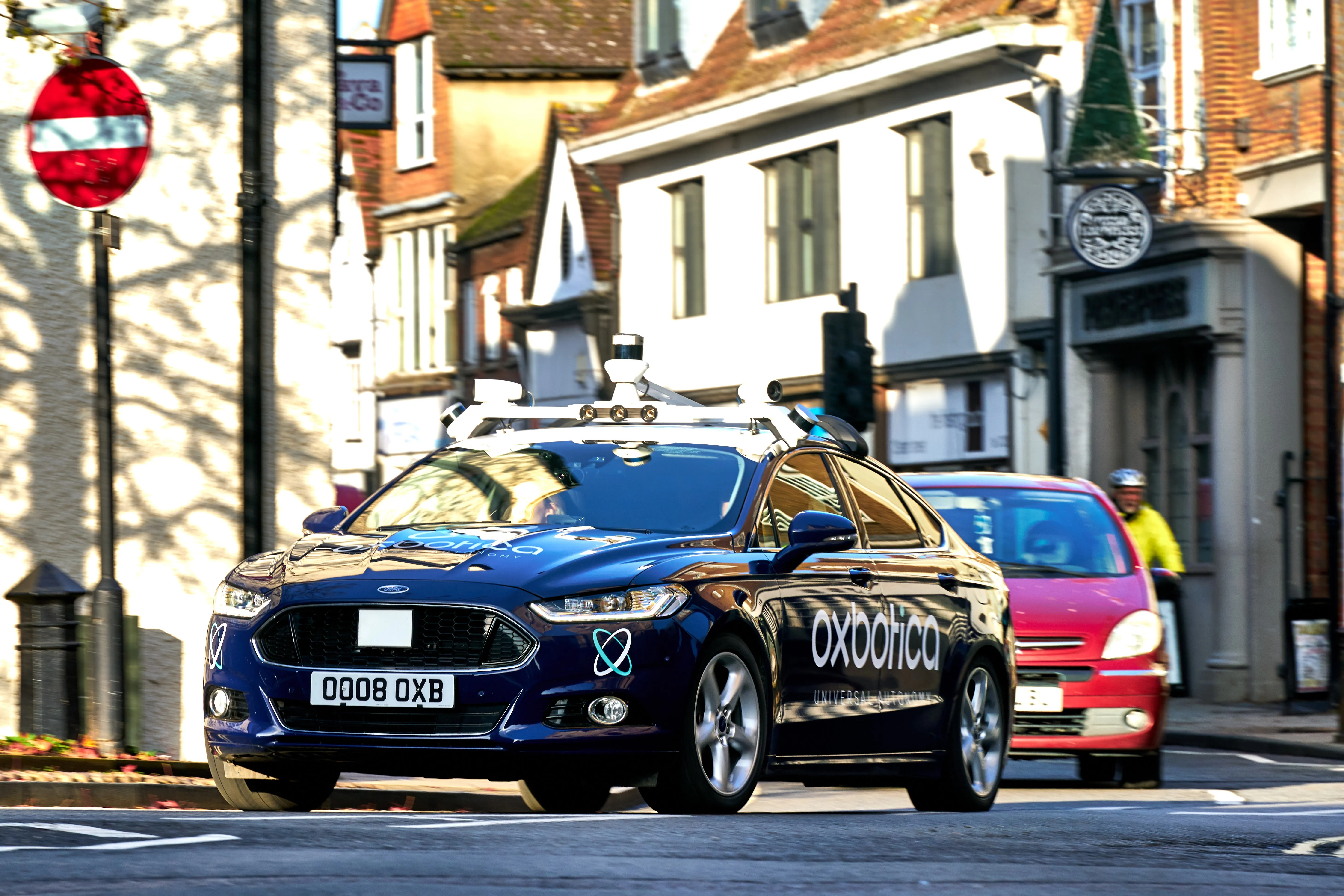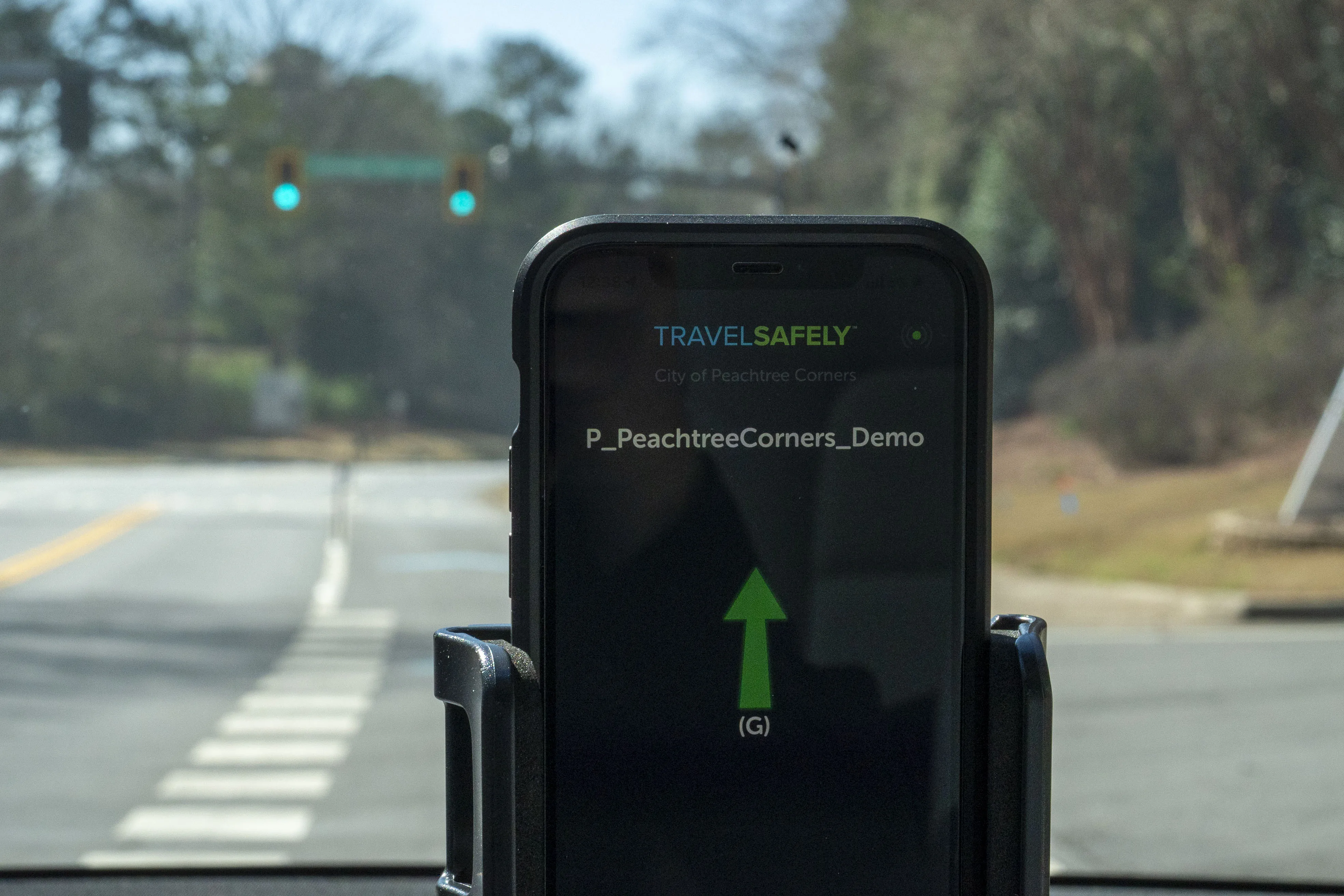
It is estimated that AVs generate 1.2 TB of data per day - the equivalent of 500 HD movies or 200,000 songs - and make 150 independent vehicle detections every second. Therefore the sheer amount of information – for example, from sensing systems such as Lidar, radar and cameras - required for transfer is a significant barrier to AV operation.
It is too much to be shared efficiently and cost-effectively using existing 4G, or emerging 5G, networks, Oxbotica and Cisco insist.
Instead, Cisco’s OpenRoaming allows AVs to roam between Wi-Fi and cellular networks, using embedded credentials issued by the AV manufacturer – rather than usernames and passwords - for authentication. The companies say this will allow the seamless and secure sharing of high-volume data on the move.
Under the new agreement, Oxbotica AVs are now able to connect to OpenRoaming-enabled hotspots - combined with Cisco’s Wi-Fi 6 and 5G - with communications secured using Cisco’s Umbrella cloud security platform and data uploaded to Oxbotica’s cloud.
Wi-Fi hotspots can be situated in gas stations, EV charging points, parking areas and vehicle service centres.
“We fully recognise that in an autonomous world, fleets will need to upload and download vast amounts of data and the partnership with Cisco offers us the chance to solve one of the greatest data challenges of the future, already today,” says Oxbotica CEO Ozgur Tohumcu.
“For industrial applications where devices, such as autonomous vehicles rather than people, are moving through areas that are covered by Wi-Fi, this technology is designed to enable that simple, automatic connection that users experience when using mobile networks,” says Matt MacPherson, Wireless CTO at Cisco.









